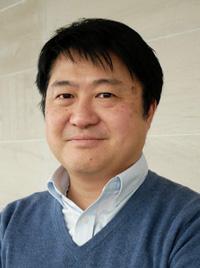It is reported that over 3 million Canadians are affected by liver disease, and many of them progress to liver failure. Currently, liver transplantation is the only available and curative treatment for the end stage of liver diseases. As the demand for liver transplantation far exceeds the number of available donor organs, there is an unmet medical need to search for an alternative treatment for liver failure. The regeneration and repair of damaged and diseased liver through the transplantation of liver cells from human embryonic stem cells (hESCs) and induced pluripotent stem cells (iPSCs) offers a potential new therapy.
Our research focus is to understand molecular mechanisms that promote the development of all cell types in the liver from human pluripotent stem cells by translating knowledge of human liver development to the differentiation culture. Hepatocyte and cholangiocyte are of particular importance as they are responsible to maintain liver function. Based on current advances, our group established differentiation protocols that promote the efficient generation of both cell types displaying many characteristics and properties found in the adult liver. With access to hPSCs derived liver cells, our lab is establishing in vivo transplantation assay, using mice engineered to undergo liver failure as pre- clinical models to restore liver function. Through the multidisciplinary collaborative approach, we are developing new in vitro liver tissue and liver organoids including functional biliary structures with hPSCs derived liver cells. These studies are also focused on developing models to study Cystic Fibrosis Liver Disease (CFLD), which impairs the function of bile ducts in the liver. To test the function of hPSCs derived liver tissue and liver organoids, we are employing in vivo assay to develop extracorporeal liver support system in liver failure using small and large pre-clinical animal models. Our ultimate goal is to translate our findings to the clinic for the treatment of liver diseases.





 https://orcid.org/0000-0002-4527-4764
https://orcid.org/0000-0002-4527-4764